General Douglas MacArthur once said that the soldier above all prays for peace because he knows the terrible price of war. No one of sound mind truly wants war. However, numerous incidents throughout history reveal that peoples have, at times, had war thrust upon them.
During one of the most controversial periods in world history, the governments of the United States, Great Britain, Australia, Spain, Italy, and the other nations of the “Coalition of the Willing” have implemented the letter and the spirit of United Nations Resolution 1441. This resolution called upon Saddam Hussein and his Iraqi regime to disarm. It was approved unanimously by the UN Security Council.
Unable to enforce its own edict, the United Nations allowed responsibility for the security of the world and an end to the oppression of the Iraqi people to fall on the shoulders of the Coalition, primarily the armed forces of the United States, Great Britain, and Australia. These nations found themselves diplomatically abandoned, even impeded, by a traditional ally—France.
The French nation, more than most, should understand the compelling reasons for Operation Iraqi Freedom. The French people endured Nazi tyranny and occupation during World War II. They witnessed the heroism of troops from other nations fighting and dying for their freedom. Many British and American soldiers who gave their lives in France during World War II lie buried there.
Today, in disregard for the lessons of history, the United Nations is faced with the prospect of becoming another League of Nations. The doctrine of appeasement failed at Munich in 1938. It failed following the 1991 Gulf War, and it will fail in the future. When diplomatic efforts prove to be fruitless, the specter of weapons of mass destruction and a direct threat from a tyrannical madman who has slaughtered thousands of his own people must be met with force. Many believe a failure to stand up to Saddam Hussein here and now would result in a wider, potentially global conflict, one in which no nation, including France, could ensure its own safety.
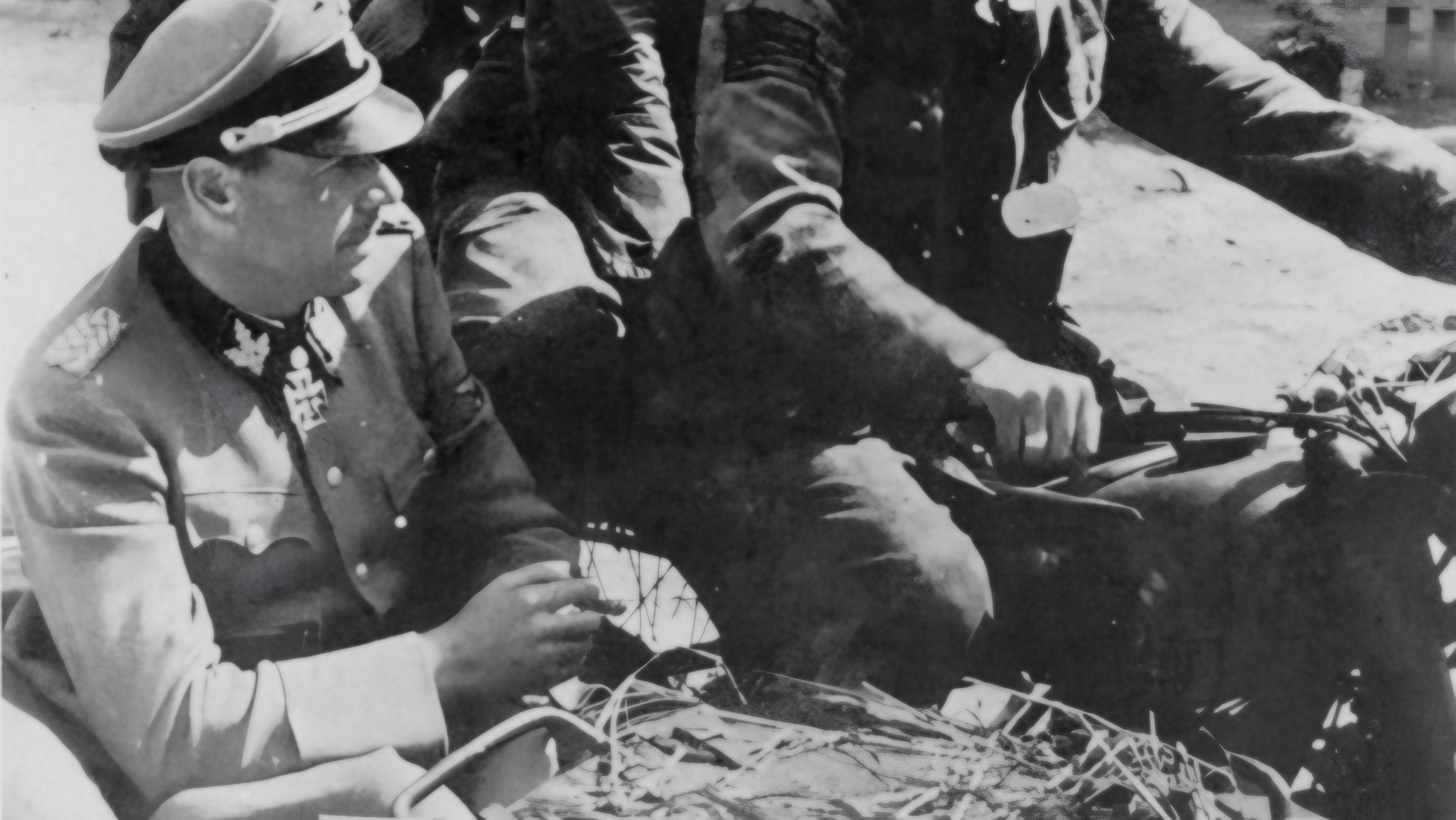
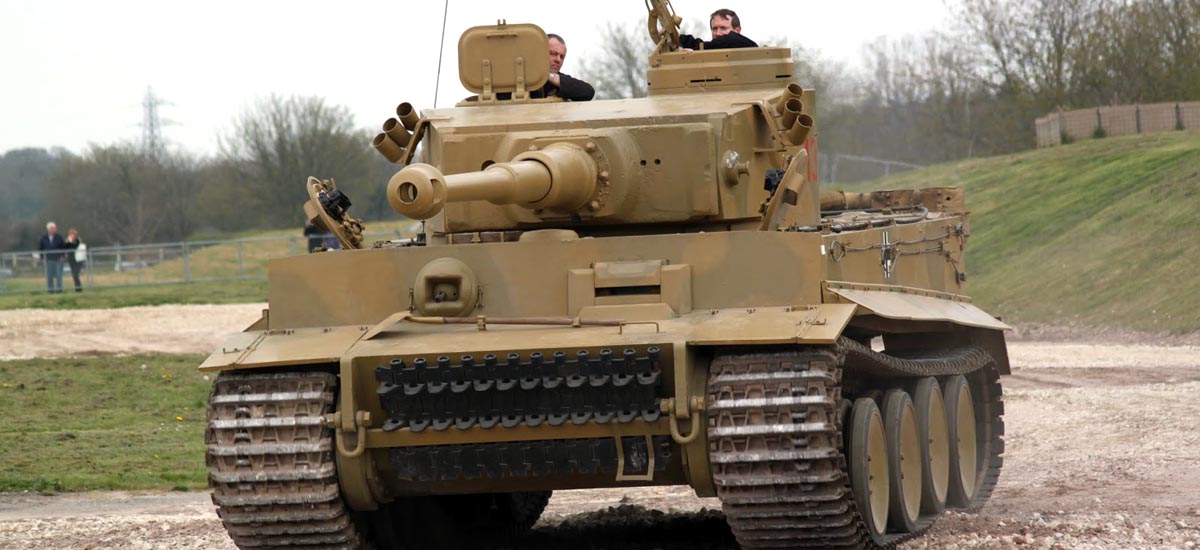
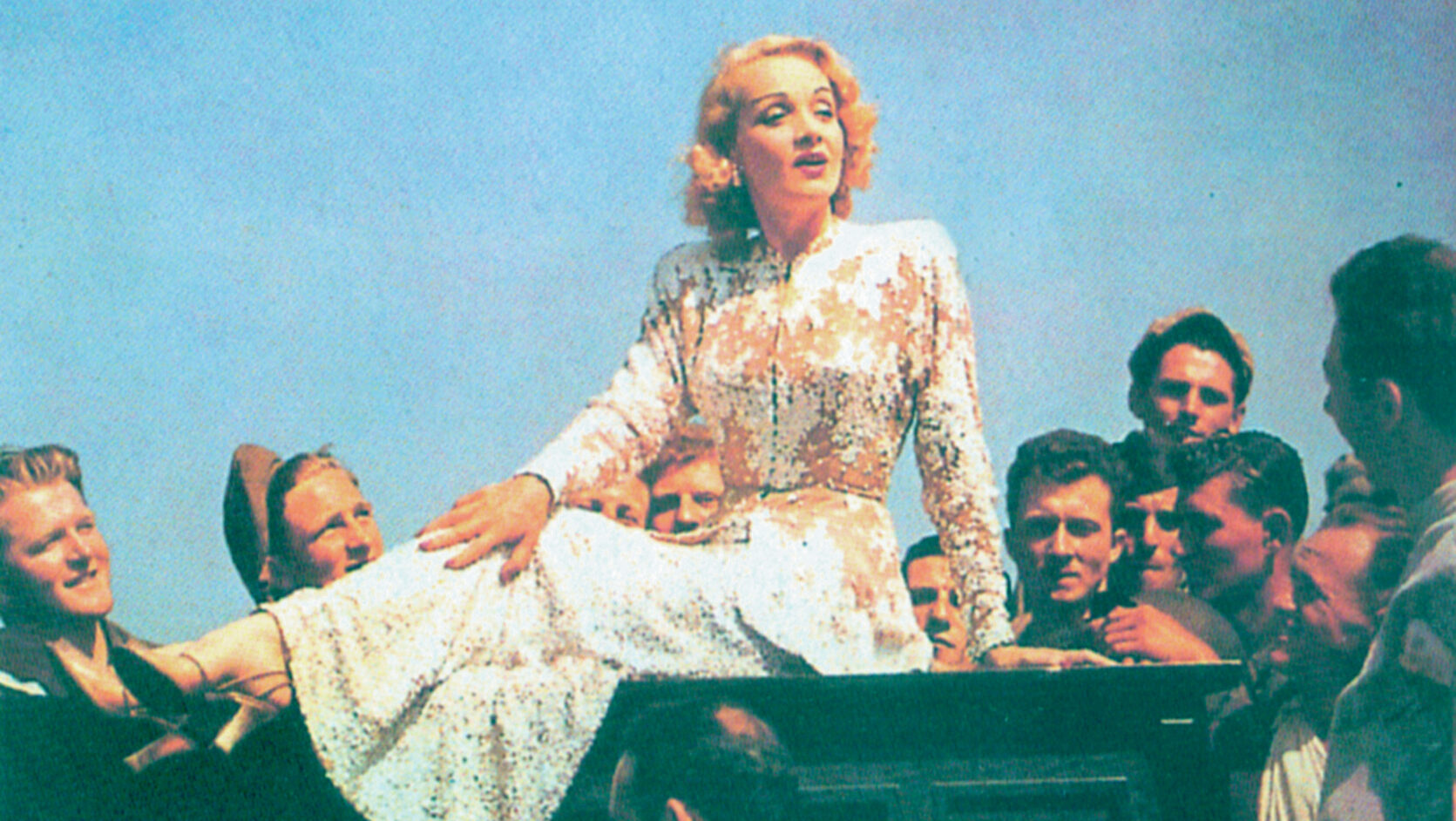
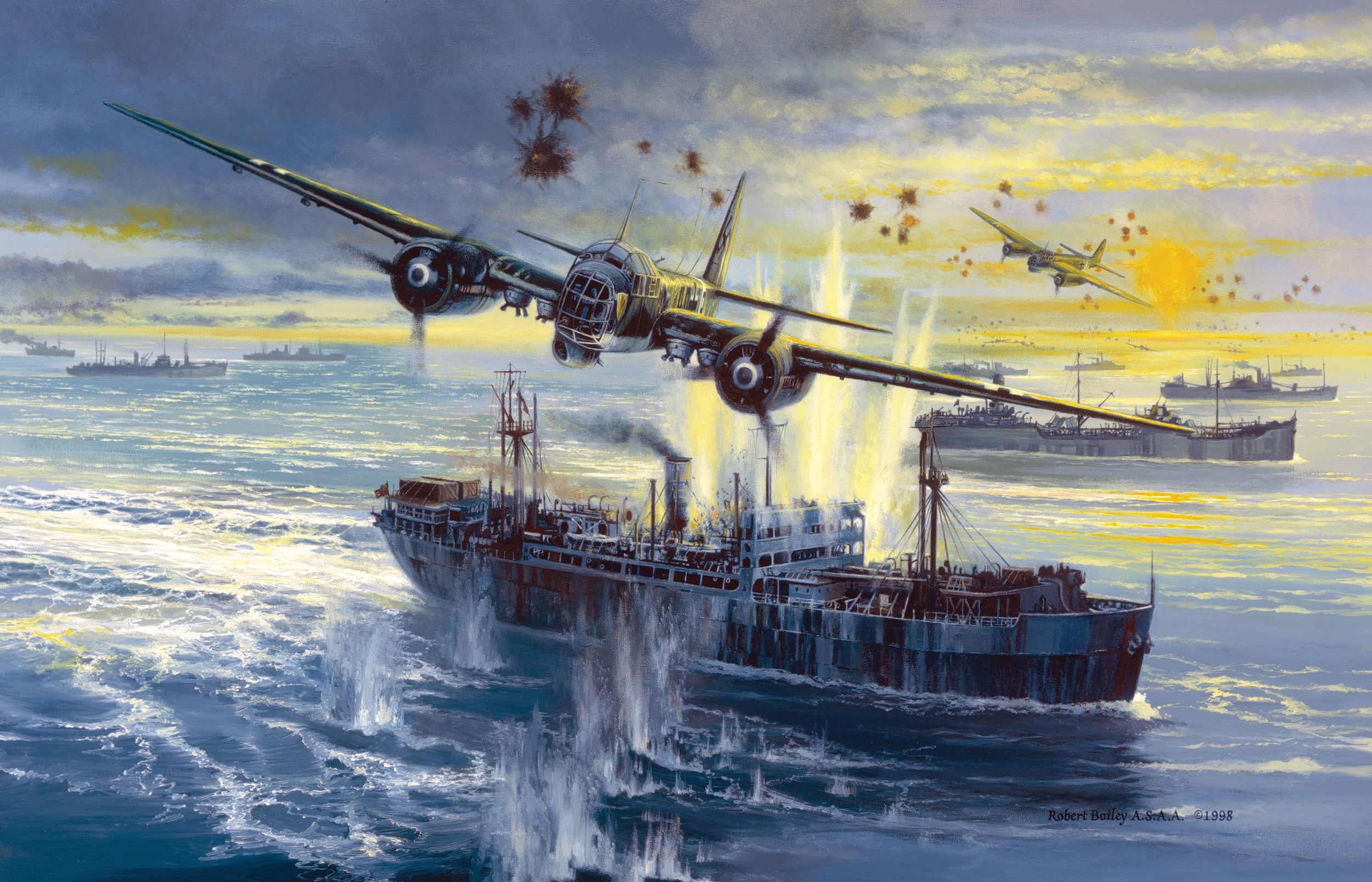
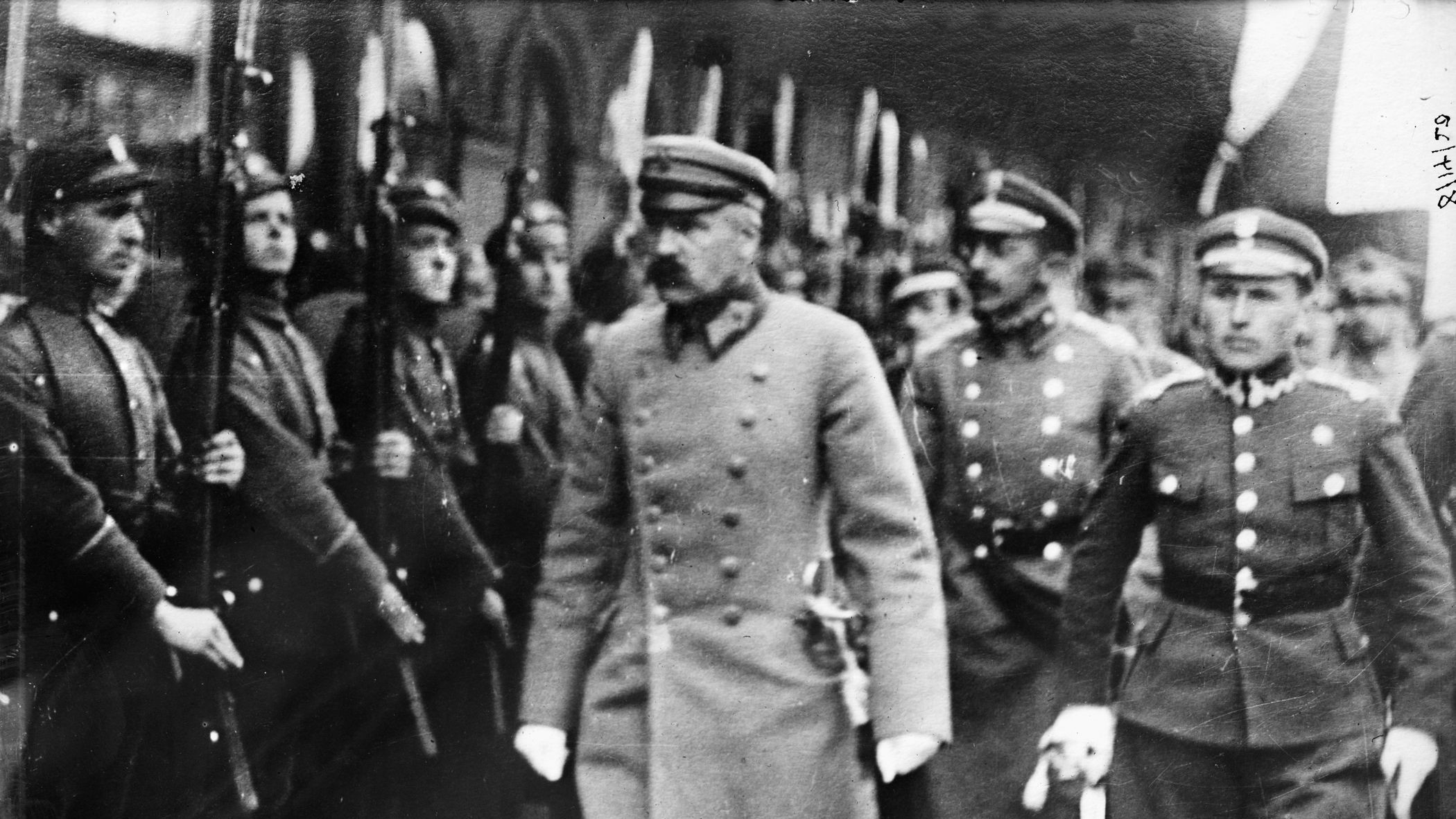
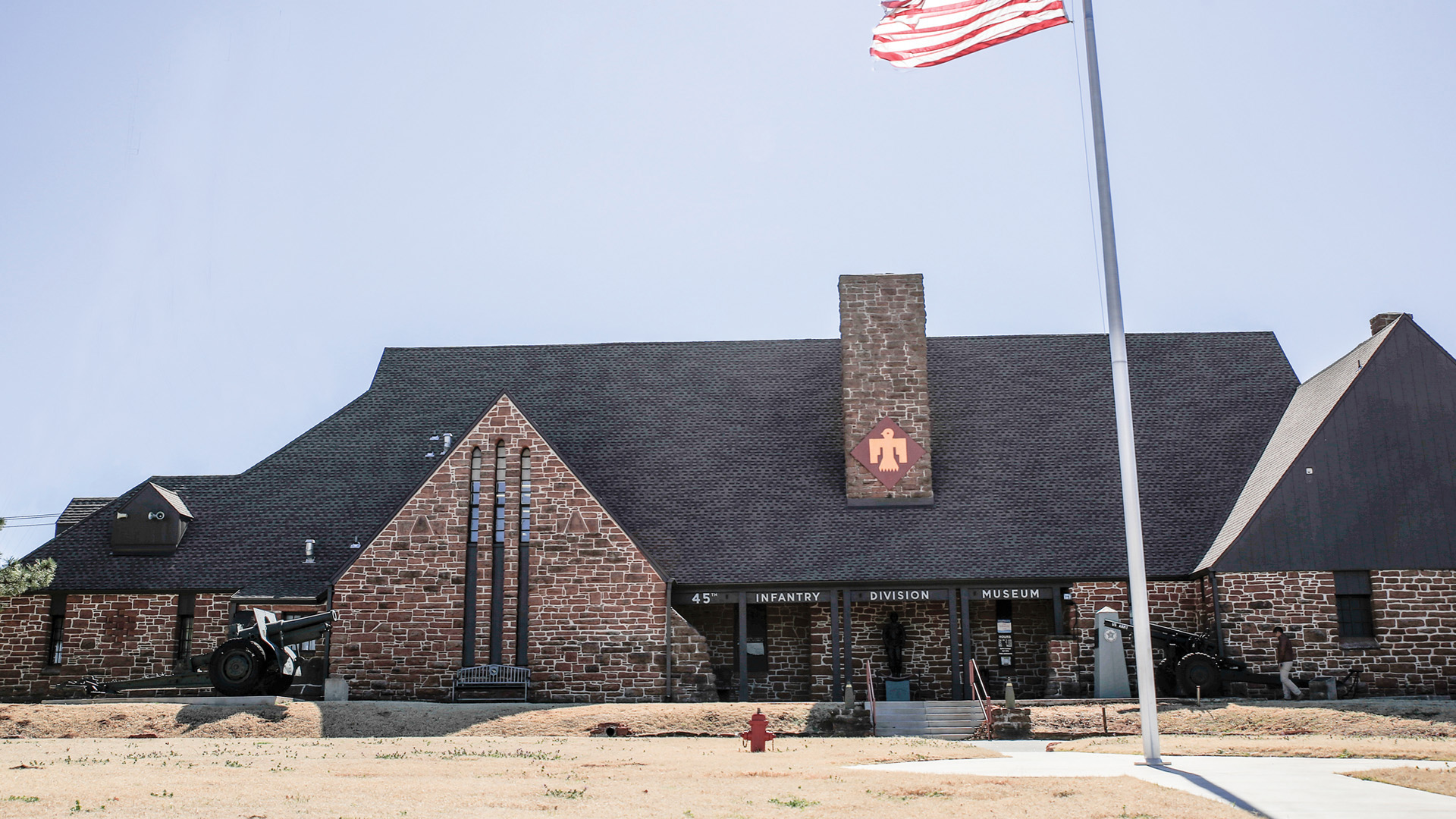
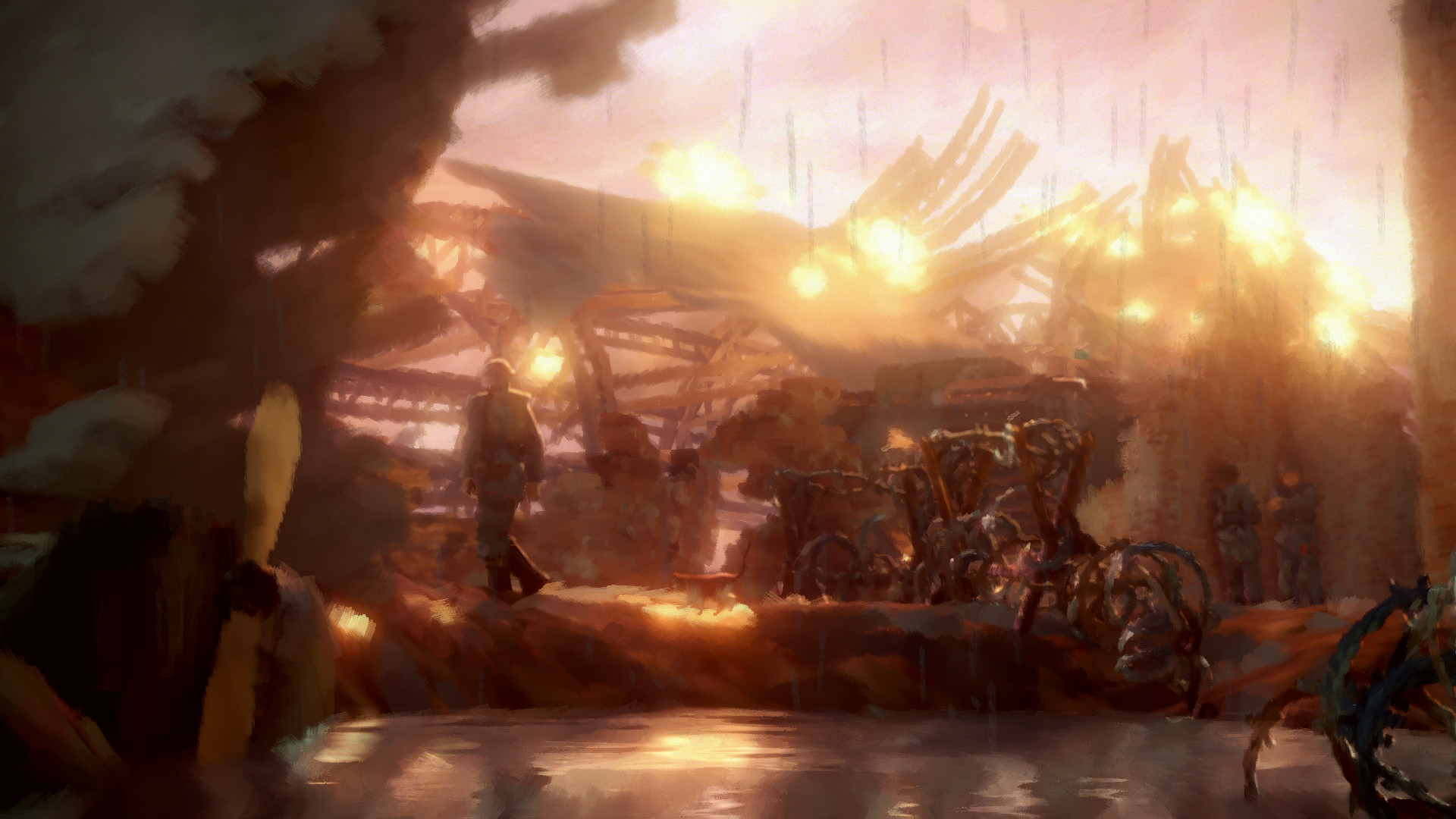

Join The Conversation
Comments